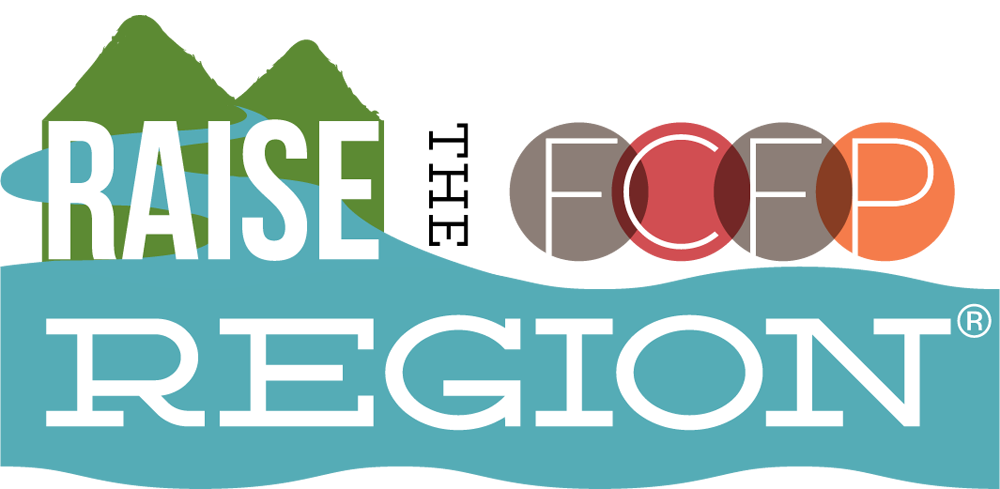THE PEACEMAKERS
WITH THE SVYC
March 17 at 3:00 pm
Pre-concert lecture at 2:15 pm by Fiona Powell
Weis Center for the
Performing Arts
Bucknell University
Lewisburg
A unique Spring Concert with music by acclaimed contemporary British composer Karl Jenkins, The Peacemakers. Once again the SVC will be joined by our talented youth chorale. This is a work extolling peace with texts by iconic figures that have shaped history and who were messengers of peace: Mahatma Ghandhi, Mandela, The Dalai Lama, Mother Teresa, Albert Schweitzer, Martin Luther King, and Anne Frank among others.
TICKETS
Please note that tickets must be purchased from the Campus Box Office for this performance. SVC Subscribers may exchange “freestyle” season tickets for Weis Center – issued tickets any time before the concert or on the day of the concert.
To order tickets, call the Bucknell Campus Box Office at 570-577-1000 (Monday-Friday 10am – 4pm), order online at https://bucknell.universitytickets.com or visit their Weis Center location.
Fiona Powell – Concert Lecturer
WVIA-FM producer, editor and on-air host Fiona Powell began her career at WVIA in 2002 as a volunteer and assistant to Erika Funke.
During her time with Erika, Fiona interviewed authors, artists and musicians and did research for both ArtScene and Early Birds.
After becoming one of the WVIA-FM weekend staff members, Fiona was offered the opportunity to help run the WVYA-FM studio in Williamsport and host a weekday show on local Arts events and music.
Fiona also engineers and produces “Jazz Standards” for host Sascha Feinstein. In addition to “Jazz Standards,” Fiona also produces specials, such as the annual St David’s Day show, and she is an occasional guest host for Early Birds.
In addition to her responsibilities at WVIA, Fiona is a respected folklorist and storyteller with over 20 years experience and is on the roster of artists for the Pennsylvania Council on the Arts.
She takes stories and folklore programs to schools, Celtic Festivals, folk festivals and colleges. Fiona is proud to be an annual presenter for the Reader’s Series at the Stadler Center for Poetry at Bucknell University.
Fiona, who is British and proud of her Welsh heritage, spent her early years working in Agriculture, qualifying at a British Agricultural College, and working for many years as a shepherd.
Fiona is the mother of four grown children and six grandchildren, who live in Bloomsburg and Philadelphia, Pennsylvania, Scarborough, England, and Savannah, Georgia.
Program Notes by Gary Boerckel ~ excerpts
Professor Emeritus Lycoming College
“The Peacemakers is a work extolling peace” writes composer Karl Jenkins in the preface to the vocal score. “When I composed The Armed Man: A Mass for Peace for the millenium, it was with the hope of looking forward to a century of peace. Sadly, nothing much has changed.”
Karl Jenkins [b. 1939] was born and raised in the village of Penclawdd on the south Wales seacoast. His father–the local schoolteacher, chapel organist and choirmaster–gave him his earliest instruction in music. In the late 1960s, while pursuing a postgraduate degree at the Royal Academy of Music, Jenkins fell in with the London jazz scene, playing saxophone, keyboards, and oboe with the jazz-rock band Nucleus and leading the progressive rock band Soft Machine for most of the 1970s. In the 1980s and ‘90s, Jenkins was a highly successful composer of music for advertisements, twice winning the British award for Design and Art Direction. The Armed Man: A Mass for Peace [1999] has been Jenkins’s most successful work to date. It combines the traditional text of the Latin mass with the Islamic call to prayer, an extract from the Hindu scriptures, and poetry by Kipling, Dryden, and a survivor of the Hiroshima bombing. The music of The Armed Man includes references to a 15th-century French folk song and a 16th-century mass by Palestrina. Since its first performance in 2000, The Armed Man: A Mass for Peace has received more than 1000 performances worldwide including one by the Susquehanna Valley Chorale in 2008.
The Peacemakers [2011] may well be Jenkins’s most ambitious work. Its texts are taken from men and women from around the world–including the famous and the relatively obscure–and the score, as in the composer’s earlier works, references a variety of musical cultures, popular styles, and the classical music of earlier centuries. Part I opens with a movement that overlays the words of Jesus from the Sermon on the Mount–Blessed are the peacemakers–with the word peace in Hebrew, Hindi, and Arabic. The mildly dissonant choral harmonies and bass guitar seem almost stylistically neutral, a gasp of contemporary sounds before a plunge into a sea of highly varied musical styles.
Part II Fiat pax in virtute tua, the Latin form of Psalm 122, with an English translation of a verse from the Quran [25:63 The true servants of the All-Merciful walk the earth with humility] frame quotes from Mother Teresa, a Catholic nun who served the destitute in Calcutta during the second half of the 20th century, and Albert Schweitzer, a Lutheran physician/theologian/musicologist who, in 1912, established a hospital in what was then known as French Equatorial Africa. There is an Elgarian grandeur at the beginning of the finale, Peace, Triumphant Peace, in striking contrast to the children’s choir’s singing–as if from afar–the poignant words of Anne Frank: How wonderful it is that no-one need wait a single moment before starting to improve the world.



